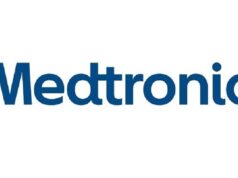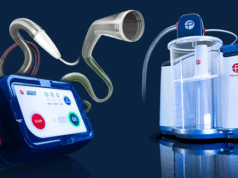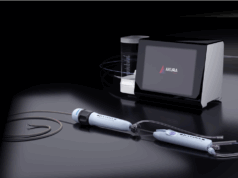On 11 September 2012, Healthpoint Biotherapeutics announced the initiation of a phase III clinical trial investigating the efficacy of HP802-247 for the treatment of venous leg ulcers. HP802-247 is an investigational allogeneic living cell bioformulation containing keratinocytes and fibroblasts. The study is designed to evaluate complete wound closure in subjects receiving HP802-247 plus compression therapy compared to those receiving vehicle control plus compression therapy over the 12-week treatment period.
Venous leg ulcers affect approximately 2.5 million Americans and are associated with impaired circulation most commonly resulting from damaged veins and/or valves. They typically appear as an ulcer on the lower extremities, are very slow to heal and often reoccur due to the chronic nature of the underlying disease process.
“Following the favourable results achieved in our phase IIb trial, we are very pleased to be initiating the phase III study for this first-in-class cell-based therapy,” said Bert Slade, chief medical officer at Healthpoint Biotherapeutics. “In addition to this multicentre North American study, our development strategy includes a second multicenter trial, which we plan to initiate next year at centres across Europe.”
The North American study is a randomised, double-blind study involving patients 18 years of age and older with venous leg ulcers of at least six weeks but not more than 24 months duration. The ulcers must be between 2cm2 and 12cm2 in area at presentation. Approximately 440 patients will be enrolled across 45 investigational centres in the United States and Canada.
“As is evidenced by our ongoing US$60 million investment in a state-of-the-art cell sciences research and manufacturing facility at our headquarters in Fort Worth, Healthpoint Biotherapeutics is committed to advancing the development of our lead pipeline candidate,” said Travis E Baugh, president and chief operating officer of Healthpoint Biotherapeutics. “We look forward to the results of the pivotal registration studies for HP802-247 and, ultimately, to bringing a significant advance in the treatment of venous leg ulcers to the millions of patients suffering from this debilitating condition.”
For more information about the HP802-247 North American clinical trial, go to www.LegSoreStudy.com.
About HP802-247
HP802-247 is an investigational allogeneic living human cell bioformulation that consists of two components that are sprayed sequentially on the wound bed at the time of treatment: a fibrinogen solution and a cell preparation containing a mixture of growth arrested, living, allogeneic epidermal keratinocytes and dermal fibroblasts.
Based on in vitro studies, HP802-247 is believed to release various growth factors and cytokines into the micro-environment of the wound. These living cells are anticipated to interact with the patient’s own cells to stimulate wound healing. HP802-247 has been designed to deliver a defined cell ratio (keratinocyte:fibroblasts) to support optimal tissue regeneration.
Positive results for a phase IIb clinical trial investigating the efficacy of HP802-247 in venous leg ulcers were recently published in The Lancet. The study was a randomised, double blind, dose-finding study involving 228 patients enrolled across 35 investigational centres in the United States and Canada. Overall, HP802-247 achieved statistical significance, as compared with control plus standard care, in both the primary and secondary endpoints. HP802-247 was generally well tolerated in the study with the most frequently reported adverse events being skin ulcers, cellulitis, wound infection, and skin irritation. The safety profile of the active groups was similar to the vehicle control.









